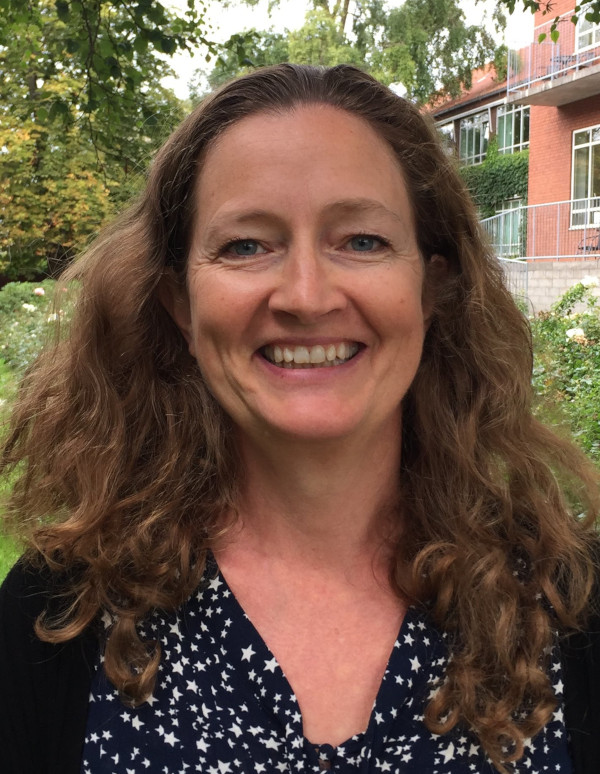Persistence won a grant of DKK 9.4 million
Determination and faith in her idea were the drivers for associate professor Lisbeth Frostholm when she re-applied to Innovation Fund Denmark after two refusals - and the effort was not wasted. In 2018, she and Marianne Rosendal (a specialist in general medicine from the University of Southern Denmark) received a grant of DKK 9.4 million from Innovation Fund Denmark, plus DKK 1.1 million from Trygfonden, to develop a digital application for patients with persistent symptoms which cannot be matched to a well-known diagnosis.

New language
In the course of the process, Lisbeth Frostholm learned that it is important to speak the funding organisation’s language and be very clear in arguing for your idea. So, between the first and the second application, she made a lot of changes to the wording. “Innovation Fund Denmark uses a slightly different language and different terms than Independent Research Fund Denmark, for example. So it was essential to understand the Innovation Fund’s way of thinking, and to refer to ‘value’, ‘risk management’, and so on,” she explains.
However the second application did not go through either, although Lisbeth thinks it was good - but, as she says, ‘evidently not good enough’.
Third time Lucky
By the third attempt, several things had changed. The original project idea had changed significantly, the technology had matured, and Central Denmark Region had provided support for further development. They also started the application process earlier and involved the Research Support Office from the outset. “With each submission, we got better at understanding what Innovation Fund Denmark expects from an application. We were also clearer about the idea and brought it into sharper focus. In the first proposal, we aimed too high. So it was very productive to get help and advice from the Research Support Office,” says Lisbeth Frostholm.
A good proposal takes time
Like everyone else, Lisbeth Frostholm finds that the competition for funding has got tougher. This means that a proposal has to be really well prepared to have any chance, and that takes time. “During the process, it became clear that time is a major factor if the proposal is to display the right quality. For our third proposal, this meant that we were able to get help from the Research Support Office and find the right partners in general practice, so the product could come into being. “And of course it’s not very professional to ask potential partners just before the deadline - which is unfortunately what I tried to do before,” says Lisbeth Frostholm.
Learning from the process
Lisbeth Frostholm feels she has learned a lot from the process, although it has been a long haul. The long and the short of it is that applicants have to think of everything and be very specific in responding to what the funding organisation is asking for.
“When I look at the first proposal, we were maybe aiming to high, and there was not enough focus and insufficient organisation for the product to have the desired effect. In the final proposal, there was a clearer focus and a product which could offer social value. In the first proposal, I think Innovation Fund Denmark doubted whether the product would live on after us. It is not enough to have a great idea - you also need to have a structure or persuade people that it can be implemented in practice,” she says. In simple terms, Lisbeth’s advice to other applicants is: Start in good time, get a good organisation in place, respond very precisely to what the funding organisation is asking for, get feedback from lots of people and involve the Research Support Office early in the process.
Facts about the eASY project
Associate professor Lisbeth Frostholm and Dr Marianne Rosendal from Aarhus University Hospital, in cooperation with the other project partners, patients and practitioners, propose to develop a digital application for patients with persistent symptoms. The program will include advice, guidance and exercises for patients. The core of the project is a web application containing information on various reasons why symptoms may persist and methods to help patients to get better. The total budget is DKK 12.3 million, with DKK 9.4 million contributed by Innovation Fund Denmark.
Find out more here: www.mine-symptomer.dk
The Research Support Office helped Lisbeth Frostholm with:
- Feedback on the proposal
- Budget
- Preparation for practise interview
- Practise interview with panel.
Contact the Research Support Office if you need help with a proposal.